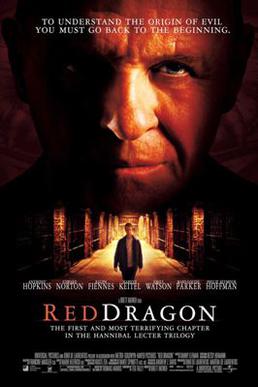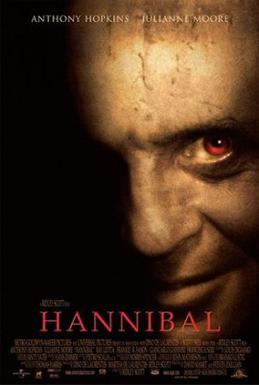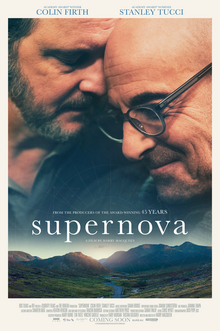JUDAS AND THE BLACK MESSIAH
In this era of black rage Judas and the Black Messiah is just as easily about the present-day as it is about the late 1960's when the film is set. Well-acted if a bit heavy-handed, Judas and the Black Messiah isn't quite as lofty as it thinks it is, but should serve as an acceptable primer to this most controversial of figures.
After getting caught both stealing cars and impersonating an FBI Agent, Bill O'Neil (LaKeith Stanfield) gets an offer he can't refuse from Roy Mitchell (Jesse Plemons), a real FBI Agent. O'Neil can either go to prison or infiltrate the Black Panther Party and get close to the Chicago chapter's charismatic leader, Chairman Fred Hampton (Daniel Kaluuya).
The FBI, in particular its Director J. Edgar Hoover (Martin Sheen) is alarmed at how the Socialist Hampton is working to unite not just all black people under the BPP but also various disparate groups under a Socialist revolutionary banner. Hampton not only courts street gangs to join the struggle, but even such groups as white supremacists the Young Patriots and Puerto Rican radicals the Young Lions. He does this by convincing them that they, despite their differences, are all being oppressed by the "pigs" (law enforcement) and capitalism.
O'Neil starts to struggle between saving himself from the FBI and loyalty to Hampton and the Black Panthers. He is especially concerned when he learns the fate of another FBI informant whom the BPP not just killed by mutilated. Hampton for his part continues a romance with Deborah (Dominique Fishback), a poetess who is both inspired by and inspires Hampton. At last, the order comes out: eliminate Fred Hampton with extreme prejudice.
O'Neil must betray Hampton, who is about to be a father for the first time. The betrayal culminates in a raid where a drugged Hampton is unable to defend himself and his followers are shot or killed. Deborah, eight months pregnant, survives. In a post-script, we learn Bill O'Neil committed suicide after his only on-camera interview for Eyes on the Prize 2 aired, while Deborah (now Akua Njeri) and their son Fred Hampton, Jr. continue the struggle.
Judas and the Black Messiah is overt about how it looks on Hampton, O'Neil and the Black Panther Party. The title alone is enough to tip off how director/cowriter Shaka King sees the two main figures. The BPP is here almost a benevolence society, more about running free breakfast programs and medical clinics than the violent overthrow of governments and establishing a socialist system. Hampton is open about his views, early on declaring that one doesn't fight capitalism with black capitalism but with Socialism.
Judas and the Black Messiah is, I'd argue, also overt about how it is about our troubled times now as it is about the troubled times of 1968 Chicago. O'Neil's rationale for using a badge as part of his robbery is "A badge is scarier than a gun", as loaded a phrase for those who push to defund the police as has been spoken. Black Panther disdain for the Young Patriots' use of the Confederate flag and how the symbolic name changes of buildings seem applicable now as then.
Our first sight of Hampton is at a speech where he is not overwhelmed with the renaming of a building as "Malcolm X College", insisting this is essentially papering over issues; at this time when statues Confederate and non are being taken/pulled down and all sorts of buildings are being renamed during this "racial reckoning" the screenplay echoes these last few tumultuous years as much as the film's period.
I think the quibble about both Kaluuya and Stanfield being too old for their parts has merit. This is particularly true for Kaluuya, who looks every bit his 32 years and is a decade too old to be the 21-year-old Hampton. He did a strong job as Hampton, though to me at times he did come across as humorless and slightly pompous with his pronouncements of socialist revolution, more symbol than man.
However, in other elements from his speech cadence to romantic moments with Fishback, Kaluuya made Hampton into a more fleshed-out figure than the script made him. I am surprised to see him pushed as a Supporting Actor because to my mind he is at least co-lead. Though he has less screen-time than Stanfield, I thought Kaluuya dominated every time he was on, so perhaps that led to my impression of him being practically a leading character.
Stanfield slowly shows the fear and troubled heart of O'Neil, particularly in his last scene where he tearfully offers Hampton another drink, the knowledge that he will spike it to allow the police raid that ends up killing Hampton hidden from his fellow Panthers haunting him.
While Kaluuya and Stanfield give standout performances, I am distressed that Dominique Fishback has not received enough praise for Deborah. She is the one who appears the most human, not some grand mythic figure or conflicted double-dealer but a woman in love with both a man and a movement. Whether reciting a poem expressing her fears of motherhood or remaining stoic as her love is killed behind her, Fishback never hits a wrong note. It's a terrible disservice that she has not been promoted as much as her male costars. In any just world, she would be making waves, and I hope Judas and the Black Messiah serve as a strong calling card for future roles.
Sheen is a weak point in that he neither looks or sounds like J. Edgar Hoover. Worse, in one of his scenes I was falling asleep. The film's length does not help, as one feels the wheels spinning until we move, a bit haphazard, to the next moment. Certain moments are effective, such as Hampton talking to the mother of a now-dead Panther or the raid to take Hampton out. Others, such as the formation of the Rainbow Coalition, seem to come and go.
On the whole, Judas and the Black Messiah is fine, neither thrilling or terrible but somewhere in the middle. Given that if anything Fred Hampton was never in the middle, it seems surprising to find him in this middling project.






_poster.jpg)














.png)
















